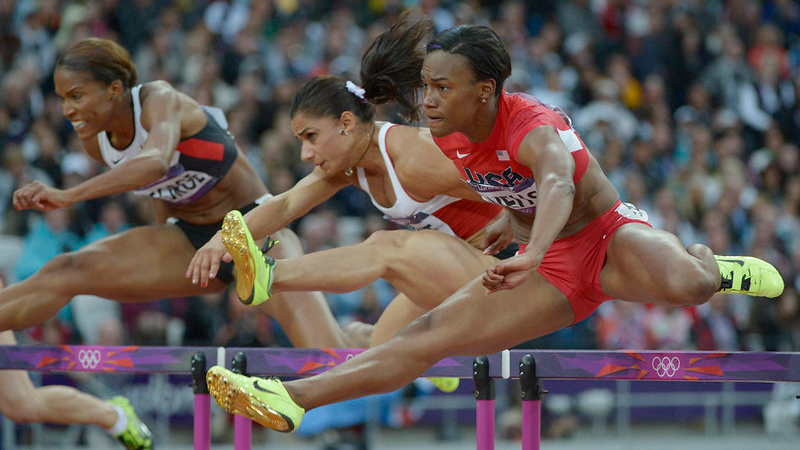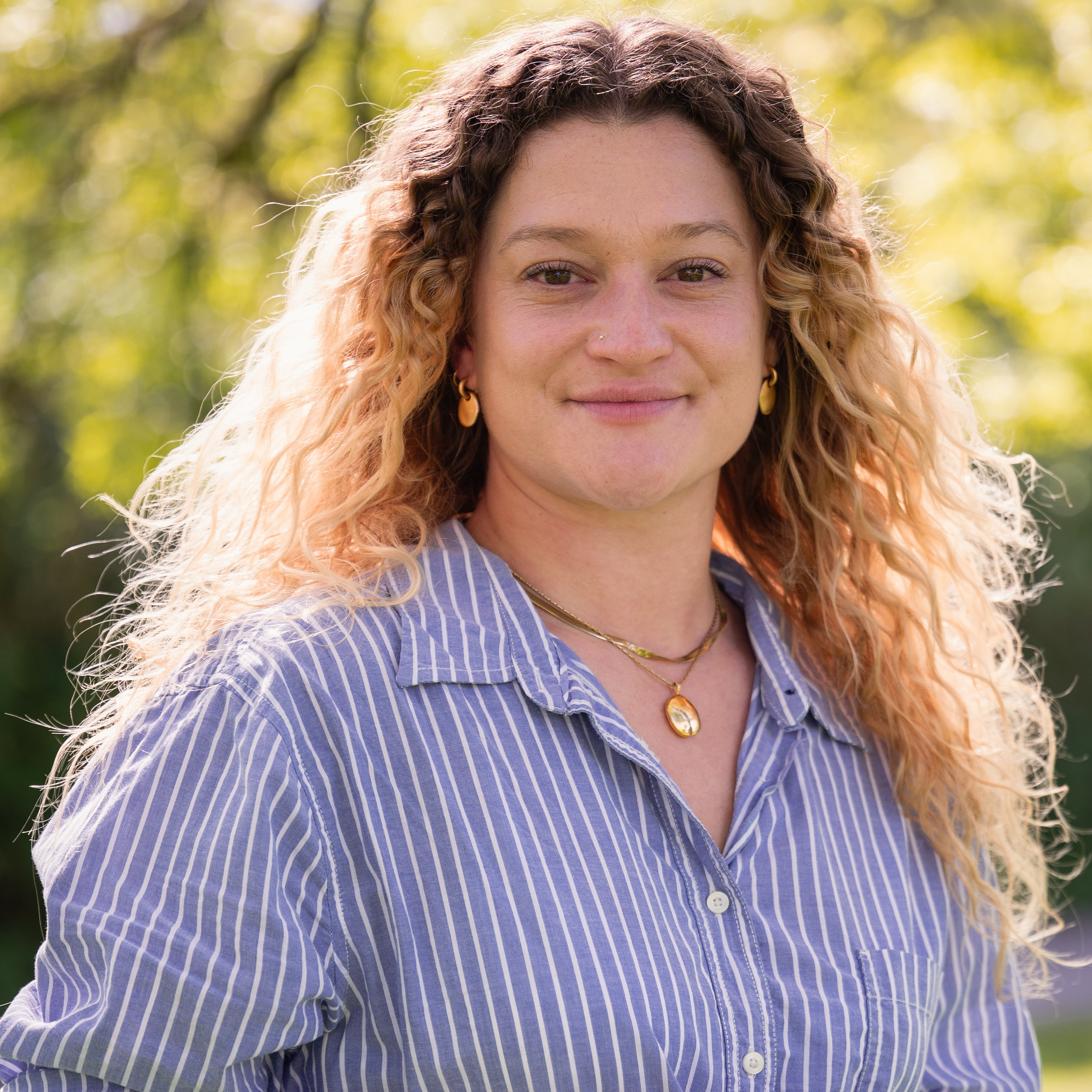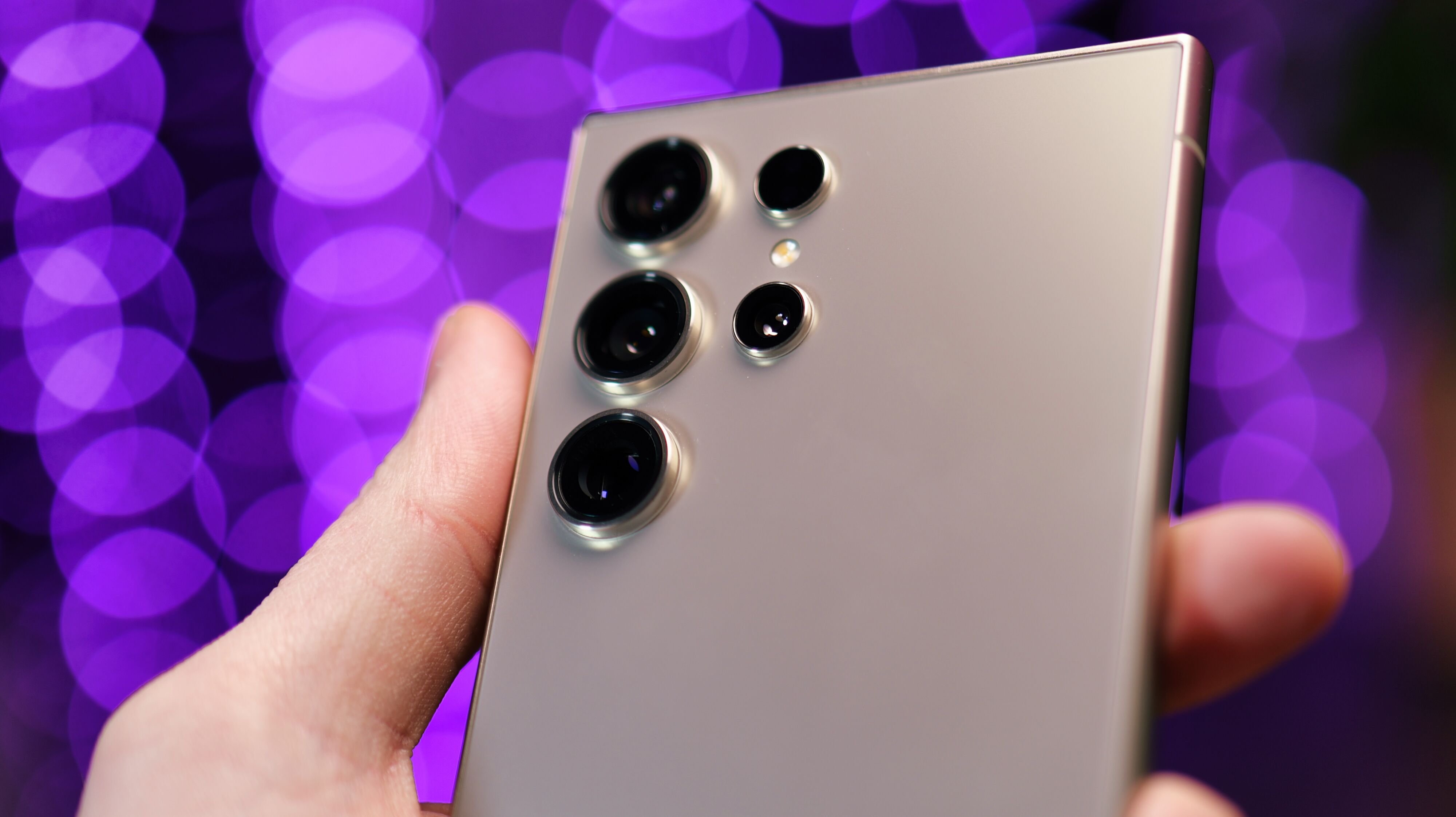If sport isn’t sexist, why do Olympic camera operators need to be reminded of the correct way to film female athletes?
"Women athletes are not there because they are more attractive or sexy" says Olympic Broadcasting Services, following sexist camera coverage

At the start of a sporting competition designed to encourage and celebrate equality, inclusion and unity, camera operators at the Paris 2024 Olympic Games have had to be reminded not to film female athletes in a "sexist" way.
It seems incredible that, in 2024, camera operators need to be reminded that these women are Olympians – the best in the world in their chosen fields, capable of impossible feats – and that this is not an opportunity to take advantage of the extra skin on show.
In a press conference, CEO of the Olympic Broadcasting Services (OBS), Yiannis Exarchos, explained that he had reminded camera operators to film male and female athletes equally, to avoid "stereotypes and sexism" becoming a feature of the visual coverage of the Games.
The Paris Olympics are the first in the 128-year modern history of the Games to reach gender parity among athletes, with women's sporting events even given more primetime broadcast spots than men to help raise their profile.
Exarchos said that the OBS had updated its guidelines for the predominantly male camera operator teams to avoid "sexist" portrayals of female Olympians.
"Unfortunately, in some events [women] are still being filmed in a way that you can identify that stereotypes and sexism remains, even from the way in which some camera operators are framing differently men and women athletes," said Exarchos.
"Camera operators in some events will go into a very very tight shot in the face of a woman but they wouldn't do that to a man, they would go into the reactions of the spectators."
The best camera deals, reviews, product advice, and unmissable photography news, direct to your inbox!
Calling it an "unconscious bias", Exarchos added that zooming in unnecessarily and other "sexist" camera techniques are "a habit, and we need to get rid of the habit."
Incredibly, Exarchos then needed to remind the world that, "women athletes are not there because they are more attractive or sexy or whatever. They are there because they are elite athletes."
A century ago in 1924, the last time the Olympics were held in Paris, just 4% of competitors were women, who were restricted to sports deemed "considerable" for them by male organizers such as swimming, tennis and croquet.
The 2024 Games have not been without sexist moments so far.
Eurosport commentator Bob Ballard was fired from his position as a broadcaster for the channel after recent sexist comments he made during the Games.
Directly after the completion of the women's 4 x 100m freestyle relay on July 27, after Australia won gold and as the team was leaving the pool deck, Ballard decided it was a good idea to say into the mic: "You know what women are like… hanging around, you know, doing their makeup."
I'm reminded of another commentator's comment that took my breath away in 2013, when Marion Bartoli won Wimbledon after not dropping a single set the whole tournament. As she ran up to hug her father in the stands after her win, John Inverdale said:
"I just wonder if her dad, because he has obviously been the most influential person in her life, did say to her when she was 12, 13, 14 maybe, 'Listen, you are never going to be, you know, a looker.
"'You are never going to be somebody like a Sharapova, you're never going to be 5ft 11, you're never going to be somebody with long legs, so you have to compensate for that.'"
The BBC received over 700 complaints, and Inverdale offered Bartoli an apology "if" his remark caused any offence. Inverdale experienced no repercussions for his comments.
The Olympics are an opportunity for everybody to do better. Kudos to the OBS and Eurosport for holding broadcasters to account.
A post shared by BBC News (@bbcnews)
A photo posted by on
You might be interested in the best cameras for sports photography, along with the best lenses for sports photography.

After graduating from Cardiff University with an Master's Degree in Journalism, Media and Communications Leonie developed a love of photography after taking a year out to travel around the world.
While visiting countries such as Mongolia, Kazakhstan, Bangladesh and Ukraine with her trusty Nikon, Leonie learned how to capture the beauty of these inspiring places, and her photography has accompanied her various freelance travel features.
As well as travel photography Leonie also has a passion for wildlife photography both in the UK and abroad.
